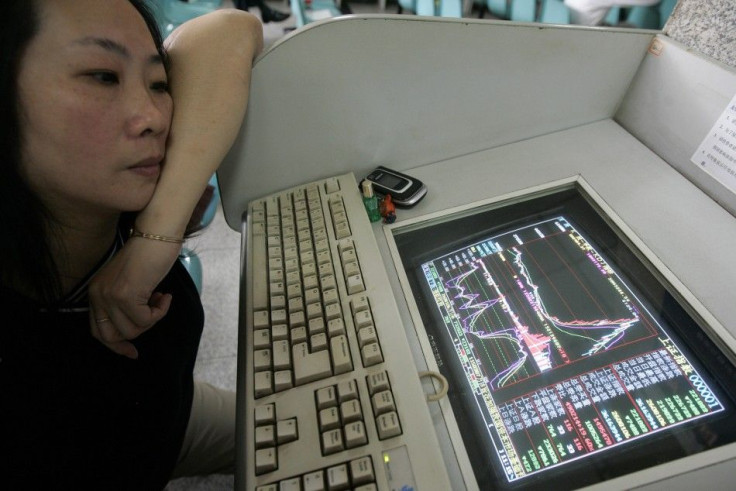China Shutdown Extended, Markets Tank Amid Fears Liquidity Boost May Fall Short

KEY POINTS
- Chinese markets fell by 8% Monday over the rapid spread of new coronavirus
- Industries needed for prevention and control of bug asked to resume production
- Central bank’s $1.7 trillion yuan liquidity boost may fall short in real terms
China has directed most businesses in Hubei province, the epicentre of the new coroavirus outbreak, to remain shut until at least Feb. 14 amid worries a central bank liquidity boost may fall short in real terms.
A majority of China’s growth hubs have already deferred reopening, after extended Lunar New Year holidays, by at least a week to Feb. 10. The coronavirus has so far killed at least 360 people in China and one in the Philippines and infected about 12,000 in nearly 20 countries.
About 24 provinces, municipalities and other regions in China directed businesses not to resume operations before Feb. 10, a CNBC report said.
The Lunar New Year holiday was initially scheduled on Jan. 24-30 but was extended for most industrial hubs until Feb. 3.
China’s stock markets took a hit of more than 8% in Monday morning trade, the day they reopened after the Lunar New Year holidays. The Shanghai composite fell 8.13% and the Shenzhen component 8.27%., market reports said. The Shenzhen composite also declined 8.3%. All the indices fell nearly 9% in early trade.
There are fears that a move by the Chinese central bank to infuse 1.7 trillion yuan (approximately $173 billion) liquidity into the economy may fall short as it could be much less in real terms.
On Sunday, the People’s Bank of China announced that it would inject 1.7 trillion yuan worth of liquidity into the markets by open market reverse repo operations, reports said. This would raise the overall liquidity in the system to 900 billion yuan (approximately $130 billion) when compared to the same period last year. This largest single-day addition since 2004 would in real terms mark a net injection of 150 billion yuan as commercial banks were expected to repay 1.05 trillion yuan Monday, a CNBC report said citing a research note of Singapore’s DBS Group Research. “The authority may need to inject more cash in the rest of the week via reverse repo and/or medium-term lending facility to soothe market nerves.”
Estimates show that last year the Chinese regions hit by the extended shutdown accounted for more than 80% of national GDP, and 90% of exports. The delay in the resumption of production for much of the world’s second-largest economy has ignited fears about a massive impact on international trade affecting the recovery from a prolonged slowdown.
CNBC cited Morgan Stanley estimates that if the Lunar New Year holiday was extended by one week nationwide, industrial production in January and February could be affected by as much as 8 percentage points.
While the world is still assessing the extent of virus-related disruptions on China’s full-year economic growth, the government has asked the provinces to allow the resumption of production of medical resources needed to prevent and control the spread of the virus. Businesses involved with public utilities, supermarkets or other essential industries are to remain open.
Government officials said that Hubei, the industrial hub of Wuhan that reported the outbreak of the disease with flu-like symptoms, would further extend the holiday if necessary, according to state-owned newspaper People’s Daily. Hubei residents working outside the province were instructed to remain at home.
© Copyright IBTimes 2024. All rights reserved.




















